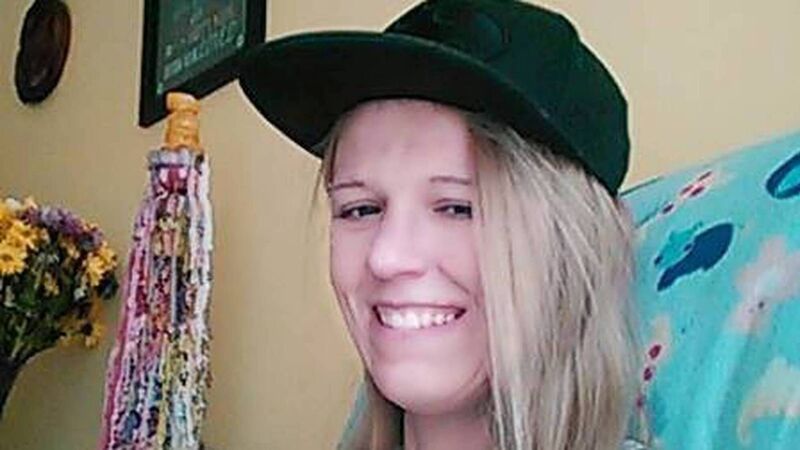Vulnerable woman's death in prison must be a catalyst for change, campaigners say

Monika Nawrat died in the Mater hospital on October 14th, 2019, after attempting to take her life in Dóchas women’s prison nine days previously
The death of a young mother with mental health difficulties who took her own life in prison where she had been sent because she could not afford €100 for bail must be a catalyst for change, campaigners have said.
Monika Nawrat, who had never previously been in prison, was found with a ligature around her neck on October 4, 2019, just over 24 hours after she had been admitted to the Dochas Centre.










